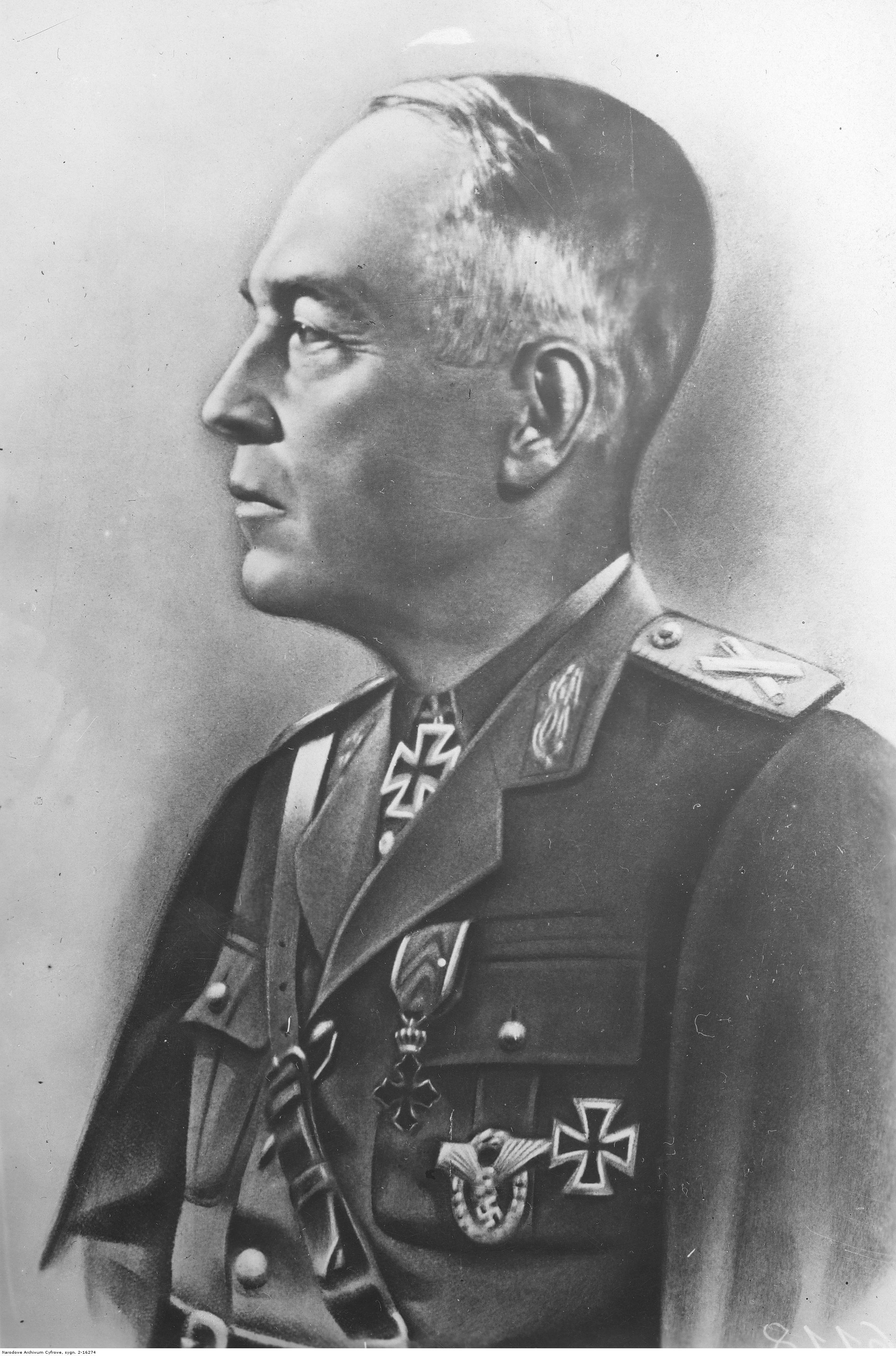Ion Antonescu
 Ion Antonescu (; ; – 1 June 1946) was a Romanian military officer and marshal who presided over two successive wartime dictatorships as Prime Minister and ''Conducător'' during most of World War II. Having been responsible for facilitating the Holocaust in Romania, he was tried for war crimes and executed in 1946.
Ion Antonescu (; ; – 1 June 1946) was a Romanian military officer and marshal who presided over two successive wartime dictatorships as Prime Minister and ''Conducător'' during most of World War II. Having been responsible for facilitating the Holocaust in Romania, he was tried for war crimes and executed in 1946.A Romanian Army career officer who made his name during the 1907 peasants' revolt and the World War I Romanian campaign, the antisemitic Antonescu sympathized with far-right and fascist politics. He was a military attaché to France and later Chief of the General Staff, briefly serving as Defense Minister in the National Christian cabinet of Octavian Goga as well as the subsequent First Cristea cabinet, in which he also served as Air and Marine Minister. During the late 1930s, his political stance brought him into conflict with King Carol II and led to his detainment. Antonescu rose to political prominence during the political crisis of 1940, and established the National Legionary State, an uneasy partnership with Horia Sima of the Iron Guard. After entering Romania into an alliance with Nazi Germany, he eliminated the Guard during the Legionary Rebellion of 1941. In addition to being Prime Minister, he served as his own Foreign Minister and Defense Minister. Soon after Romania joined the Axis in Operation Barbarossa, recovering Bessarabia and Northern Bukovina, Antonescu also became Marshal of Romania.
An atypical figure among Holocaust perpetrators, Antonescu enforced policies independently responsible for the deaths of as many as 400,000 people, most of them Bessarabian, Ukrainian and Romanian Jews, as well as Romanian Romani. The regime's complicity in the Holocaust combined pogroms and mass murders such as the Odessa massacre with ethnic cleansing, and systematic deportations to occupied Transnistria. The system in place was nevertheless characterized by singular inconsistencies, prioritizing plunder over killing, showing leniency toward most Jews in the Old Kingdom, and ultimately refusing to adopt the Final Solution. This was made possible by the fact that Romania, as a junior ally of Nazi Germany, was not occupied by the Wehrmacht and preserved a degree of political autonomy.
Aerial attacks on Romania by the Allies in 1944 and heavy casualties on the Eastern Front prompted Antonescu to open peace negotiations with the Allies, which were inconclusive. On 23 August 1944, King Michael I led a coup d'état against Antonescu, who was arrested; after the war he was convicted of war crimes, and executed in June 1946. His involvement in the Holocaust was officially reasserted and condemned following the 2003 Wiesel Commission report. Provided by Wikipedia
